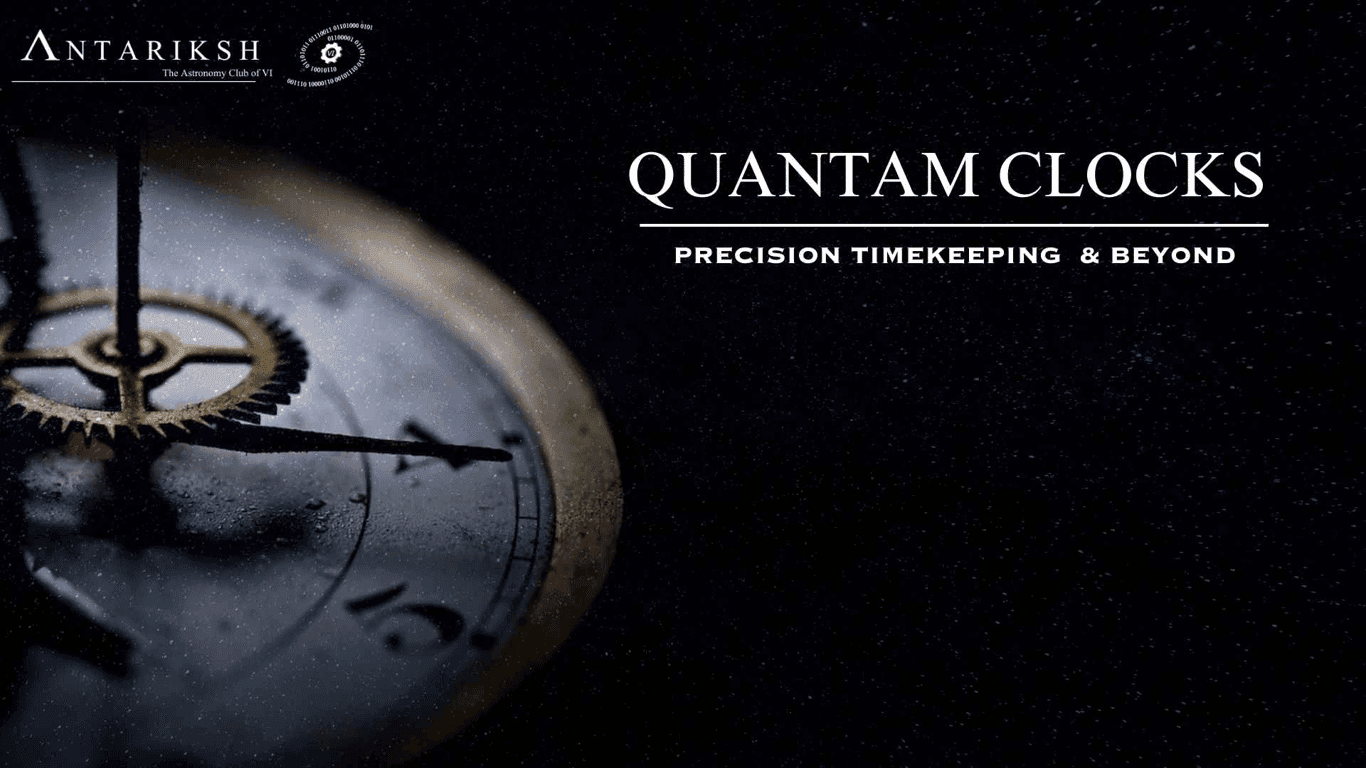
5- X-Ray Astronomy
X-ray astronomy, emerging in the 1960s, studies celestial objects through their X-ray emissions, providing insights into high-energy phenomena like black holes and supernovae. The Astrosat mission enhances this field with multi-wavelength observations using instruments such as the Soft X-ray Telescope and Cadmium Zinc Telluride Imager. Key findings include variability in active galactic nuclei and the detection of gamma-ray bursts. Over the past 50 years, advancements in technology have propelled X-ray astronomy forward, contributing significantly to cosmology and our understanding of the universe. The analogy of the blind men and the elephant illustrates the need for multi-wavelength approaches in this research.
| Published on 30 Jul 2022

8- Cosmic Ray Muons and their Applications
The lecture explored cosmic rays and their implications, focusing on recent measurements of muons that revealed a low amplitude of about 40 nT compared to Earth's magnetic field. Researchers found a necessary enhancement factor of 17 to align the observations with cosmic ray behavior, particularly during solar storms. The discussion highlighted the existential threat posed by solar storms to technological infrastructure, prompting a U.S. executive order for preparedness. Ongoing research aims to improve predictive models, emphasizing the importance of understanding cosmic rays and solar storms to safeguard human civilization against potential disruptions.
| Published on 30 Jul 2022

3- Quantum Meteorology- Concepts and Applications
Quantum meteorology applies quantum mechanics to improve the precision and reliability of meteorological measurements. By utilizing quantum phenomena like superposition and entanglement, this field advances the development of highly sensitive sensors and atomic clocks, which allow for measurements far more accurate than classical techniques. Atomic clocks, for example, use atomic vibrations to maintain precise timing, essential for synchronizing weather data across locations and improving forecasting accuracy. Quantum sensors, including gravimeters and magnetometers, can detect subtle environmental changes, offering more refined data for atmospheric modeling.
The benefits of these quantum-based measurement techniques are numerous: they enhance the accuracy of climate models, allow for better early warning systems for severe weather events, and improve global weather forecasting. However, the high costs and sensitivity requirements of quantum devices present challenges to their widespread adoption in meteorology. Overcoming these challenges requires advancements in cost-effective quantum technology and environmental resilience.
Quantum meteorology represents a transformative shift in how we understand and predict atmospheric behavior. This field promises significant improvements in weather and climate science, with potential for increasingly precise forecasting models and a more comprehensive understanding of climate dynamics.
| Published on 30 Jul 2022

4- Future Trends in Precision Measurement
Emerging technologies in precision measurement, particularly quantum sensors, are transforming the accuracy of measuring key physical properties, essential for advancing fields such as meteorology. Quantum gravimeters and optical lattice clocks are two pivotal technologies, enabling precise measurements of gravitational fields and time. The integration of artificial intelligence (AI) and machine learning (ML) further enhances data interpretation, allowing more refined measurements, noise reduction, and predictive analytics. These developments improve forecasting accuracy across various domains.
Quantum meteorology benefits significantly from these innovations, with potential breakthroughs in weather prediction and climate modeling. Future directions include quantum communication networks and hybrid systems combining quantum sensors with traditional meteorological instruments, enabling real-time atmospheric monitoring and refined climate change predictions.
Interdisciplinary collaboration between physicists, meteorologists, and engineers is critical to advancing these fields. By working together, these experts can design better instruments, integrate diverse expertise, and pursue joint research, leading to advancements like quantum imaging techniques and enhanced climate models. These innovations in precision measurement and quantum meteorology hold broad societal impacts, from improved disaster preparedness to more informed climate policy. Continued support for interdisciplinary research and funding will be essential to further these transformative fields.
| Published on 30 Jul 2022